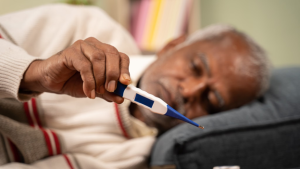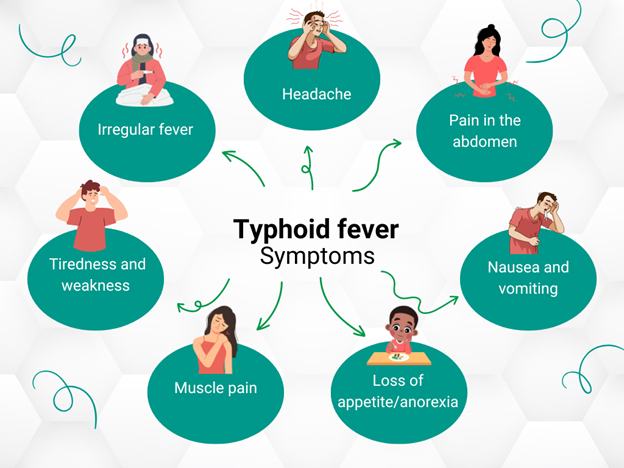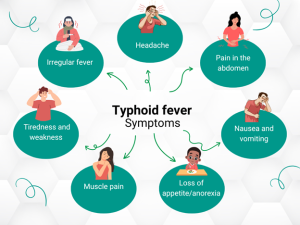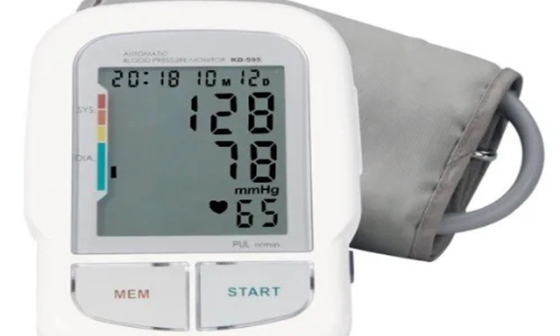Introduction
Typhoid fever is a dangerous and sometimes fatal condition, the disease caused by Salmonella typhi bacteria. The typhoid bacteria is extremely contagious. When an infected person excretes the germs in their faeces or, less frequently, in urine. You can contract the bacterium and get typhoid fever if you consume food or water that has come into contact with a tiny amount of contaminated faeces or urine.

Source: CDC
In Nigeria, the issue of typhoid fever remains a serious health concern, as the disease is common in places especially restaurants with poor sanitation and hygiene standards. Therefore, Wellahealth believes that every Nigerian must understand typhoid fever’s causes, symptoms, and preventative measures to lessen its effects and safeguard public health.
How can I get typhoid fever?
Children with developing immune systems are believed to be most vulnerable to contracting typhoid fever globally. However, as compared to adults, children usually exhibit milder signs of typhoid fever.
You can get typhoid fever from food or water infected with Salmonella Typhi. The most common way for this bacteria to spread is by fecal-oral transmission, which happens when someone consumes food or water contaminated by an infected person’s stool. The transmission of typhoid fever is frequently facilitated by poor food handling practices, inadequate hand hygiene, insufficient water treatment, and poor sanitation and waste management.
Symptoms of Typhoid Fever
Source: Health Wellness
- Fever: A persistent high-grade fever of 104°F (40°C) is common.
- Weakness and Fatigue
- Headache
- Abdominal pain, constipation, or diarrhoea.
- Loss of Appetite
- Rash
- Complications include intestinal perforation, bleeding, shock, and death.
Diagnosis and Management
Effective disease management depends on early diagnosis and treatment.
Usually, blood tests, stool samples, or bone marrow tests that identify Salmonella Typhi are used to confirm the diagnosis of typhoid fever. Antibiotics are typically used as part of a course of treatment. To guarantee that your infection is completely cleared and to stop resistance from developing, the antibiotics prescribed must be taken for the entire recommended course of treatment.
For just #2000/month, subscribers can access prompt typhoid fever treatment as Wellahealth’s affordable healthcare coverage covers consultation, diagnosis, and treatment of typhoid fever to forestall complications.
How can I prevent typhoid fever?
A combination of immunization, better sanitation, and hygiene habits are used to prevent typhoid fever.
Important preventive actions include:
- Good and proper hygiene: You can stop Salmonella from spreading by routinely washing your hands with soap and water, especially before you eat or prepare food.
- Safe food and water practices: Typhoid fever can be considerably decreased by cooking your food adequately and treating your water. In high-risk areas (very unsanitized environments), it is best to avoid eating raw or undercooked food and tick to bottled or boiled water exclusively.
- Drink safe water: Make sure that the water you use for cooking and drinking has been adequately treated, and stay away from untreated water.
- Immunization: If you are visiting or residing in a region where typhoid fever is prevalent get the typhoid vaccine since it effectively prevents infection. The two primary kinds of typhoid vaccine are the injectable polysaccharide vaccine and the oral live attenuated vaccine.
Conclusion
Although typhoid fever is a dangerous illness with substantial health consequences, its effects can be significantly lessened by being aware of its cause, identifying its symptoms, and taking preventative measures.
To learn more about Wellahealth’s plans, send us a WhatsApp message today!
Dr. John Afam- Osemene, Dr Ifeoma M. Uduh







